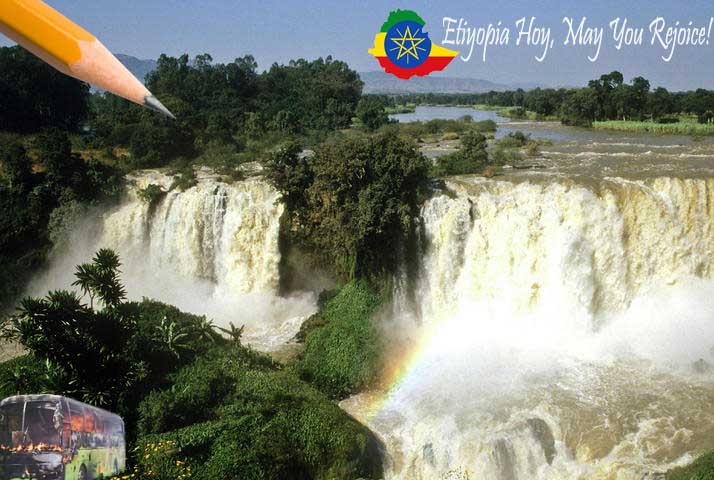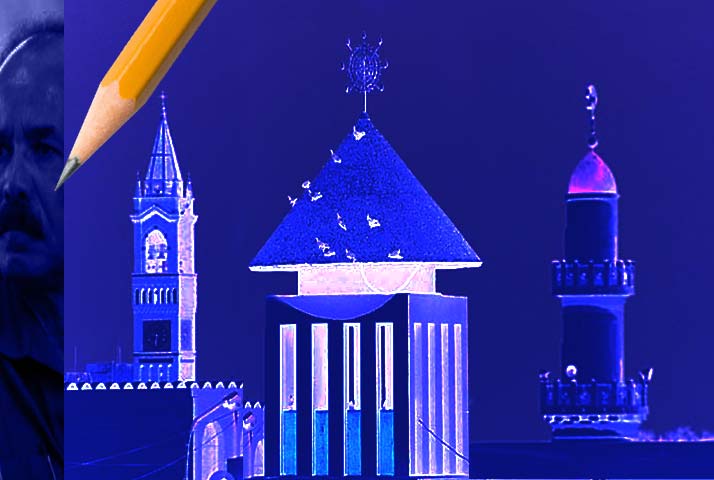Abu Dhabi to Khartoum Line Through Asmara

Four days after returning from Abu Dhabi where he met Mohammed Bin Zaid of the UAE, on Monday, September 9, Isaias Afwerki traveled to Sudan for a two-day visit where he met General Al Burhan and other officials.
In a statement issued after the visit, the Sudanese foreign minister said the two countries agreed to cooperate in the “defence and military fields, including the ground forces, the air force, the marine forces, the defence industries, training and medical services.”
The two governments also discussed cooperation in the security fields, particularly the building of their defense capabilities which, according to our sources, the UAE has promised to fund.
The two governments also agreed to combat “organized cross-border crimes”, mainly human trafficking operations that has been going on in the Sudan for over a decade. The European Union will fund that agreement since it has been working for many years to prevent refugees from crossing to Europe through the Mediteranean Sea.
Isaias’s visit to the Sudan is the first in five years. In 2014 he visited Port Sudan to attend a local tourism promotion festival organized by the Eastern Sudan government. During that visit, Isaias didn’t meet the now-deposed president Al Bashir of Sudan.
Strained relations
Since 2017, tensions between the two countries resulted in Sudan closing its borders with Eritrea over what it described as security concerns. The border closure resulted in consumer pricehikes in the Eritrean markets. Eritrea gets most of its food supplies from the Sudan where organized smugglers operate with the cooperation of officers from both countries.
Since last year when popular protests against the Al Bashir government rocked the Sudan, the Eritrean government’s reaction has been lukewarm, as was the UAE. However, Isaias Afwerki quickly objected to the joint African Union and Ethiopian mediation led by Prime Minister Abiy Ahmed of Ethiopia characterizing it as internationalizing the internal Sudanese crisis.
In June 2019, General Abdulfattah Al Burhan, the chairman of the Transitional Military Council (TMC), visited Eritrea and met Isaias Afwerki. Two weeks later, his deputy General Mohammed Dogolo, commander of the Rapid Support Forces, also visited Asmara and met Isaias Afwerki. According to our sources, both visits were orchestrated by the UAE with the pretext of pacifying the Eastern Sudan frontier, in order to bolster Isaias’ position in the Sudanese crisis, and to limit Ethiopia’s influence over the Sudan.
However, the TMC was not the only power that needed to be brought under the UAE’s control; the Forces of Freedom and Change (FFC) had more influence and it objected to interference by other countries, including the UAE, in the Sudanese affairs.
After many months of popular protest, last August the TMC and the FFC signed a power-sharing agreement. However, The UAE that is flexing its financial and military muscles in the region is expected to pressure Sudan through Isaias Afwerki to get political concessions; neither UAE nor Eritrean officials attended Last August’s signing ceremony in Khartoum. Surprisingly, on the same day of the ceremony in Khartoum, Isaias Afwerki was presiding over a graduation ceremony of a batch from the Sawa military camp, a short distance from the Sudanese border.
Both Eritrea and UAE are coordinating their policies on Sudan and the UAE considers Isaias its primary ally in the region.
Shy smiles
Between 1993 and 2006, Isaias’ government hosted many Sudanese opposition parties and personalities. And in 2006, Isaias was instrumental in getting the Sudanese government and its opposition to reach a settlement which came to be known as the Eastern Sudan Agreement. Based on that agreement, the Eastern Sudan opposition forces became part of the government and a few of its leaders were appointed to senior government, including ministerial, positions. However, Isaias Afwerki continued using the Eastern Sudan leaders as a leverage to pressure the Al Bashir government to get economic, security and other concessions.
Last July, news from Eastern Sudan indicated General Mohammed Dogolo was recruiting youth from the region to bolster the Rapid Response Forces that he commands. Isaias Afwerki of Eritrea objected to the recruiting considering arming Eastern youth an Eritrean national security risk.
In 2018, unexpected ethnic conflicts flared up and continued briefly in 2019 until it was brought under control by the efforts of the communities. However, more ethnic clashes were stirred last month in Port Sudan and resulted in the death of scores of civilians before it was brought to a halt by the interference of the RSF. Eritrean opposition elements believe the crisis was steered by the Isaias regime that manages a wide network of intelligence assets in the Sudan.
Eastern Sudan hosts about half a million refugees who have been living in squalid refugee camps where the first batch began to arrive in 1967 fleeing the scorched earth policy of Haile Selassie’s government. In addition, Eastern Sudan is home to a large population belonging to social groups straddling the border between the two countries.




Awate Forum